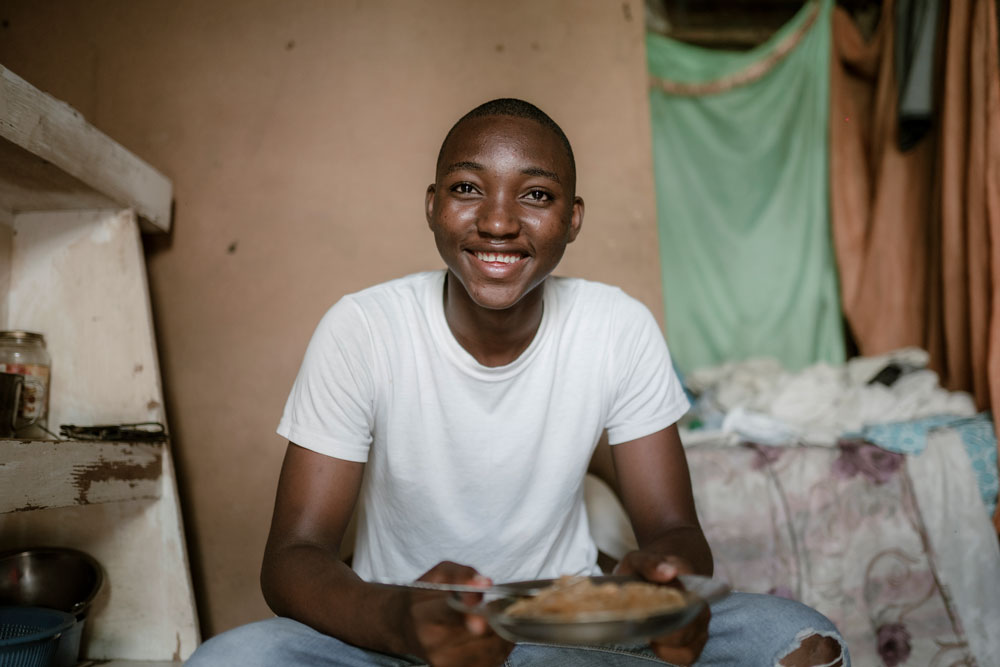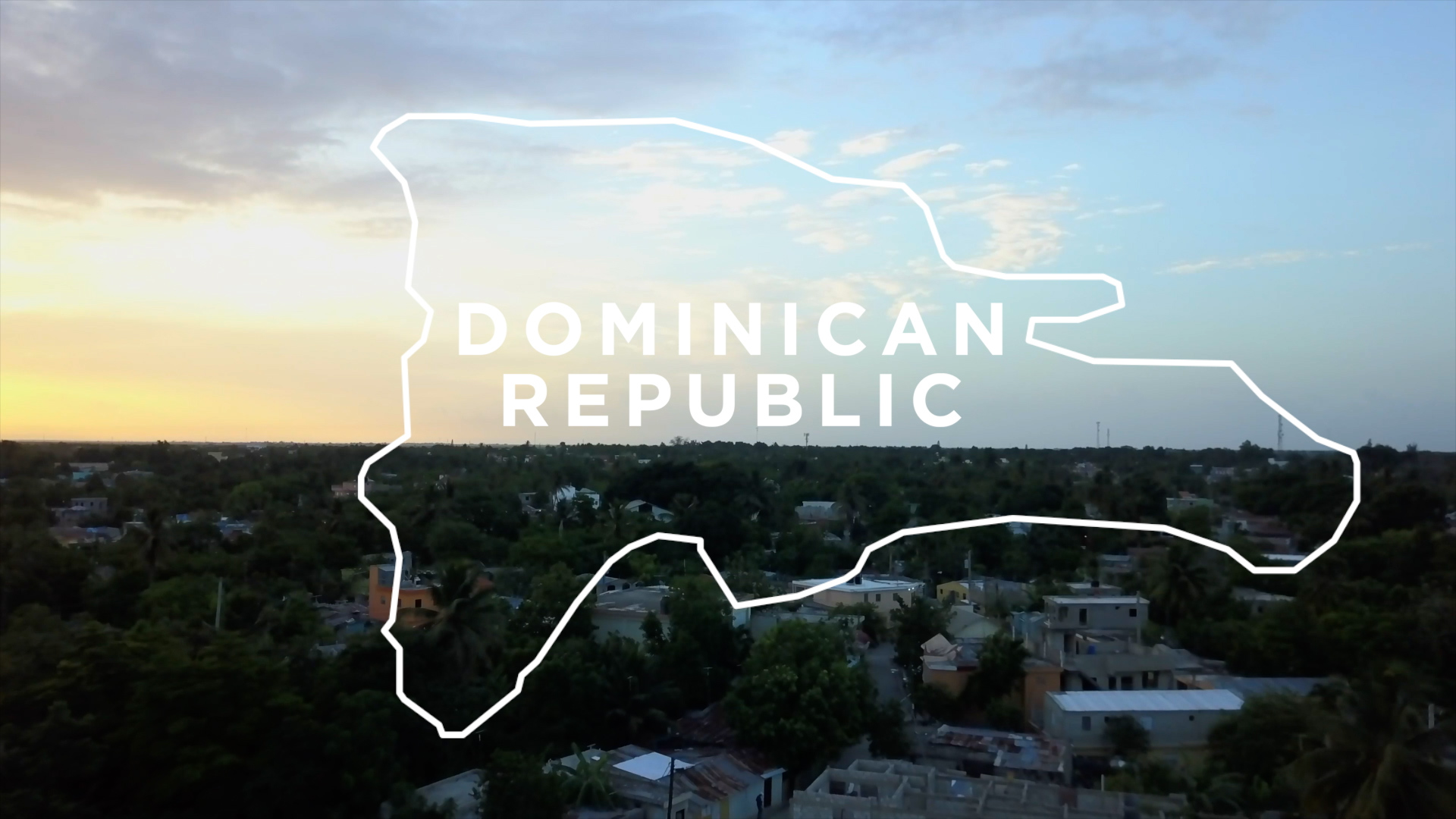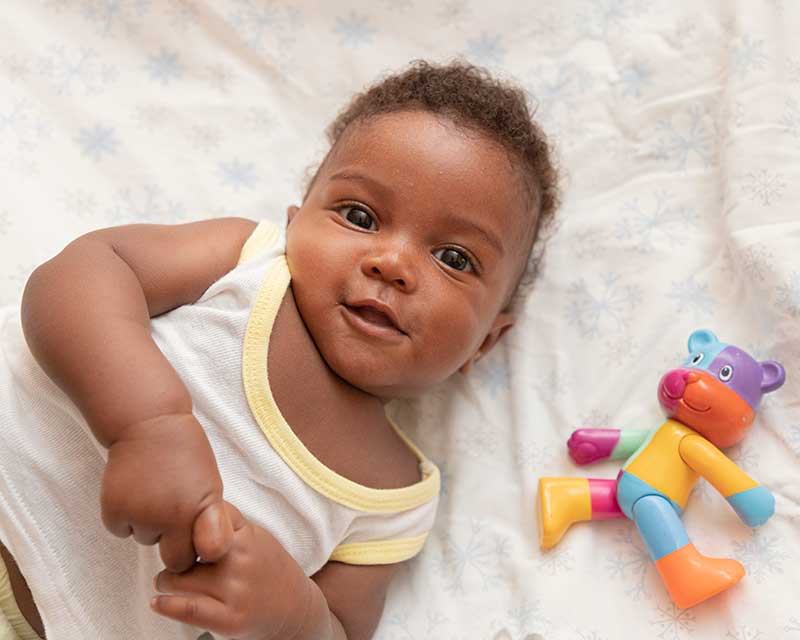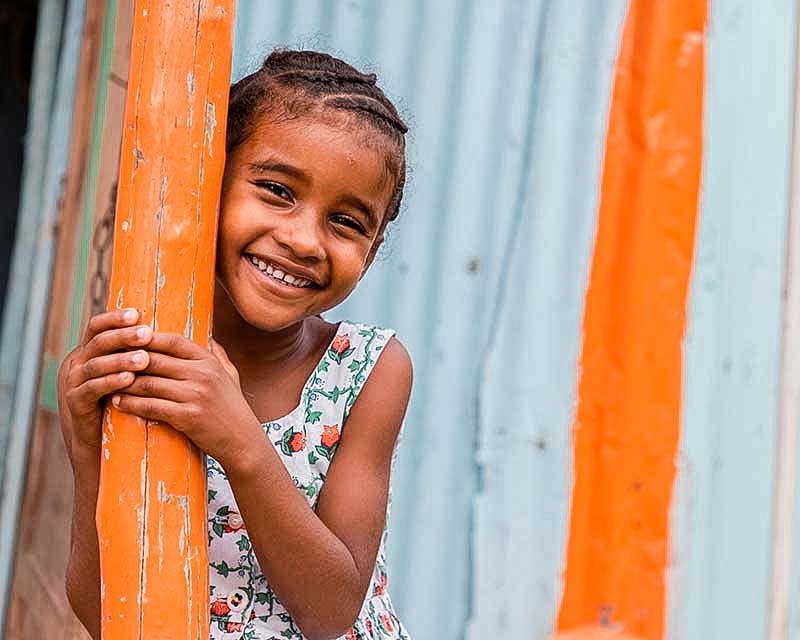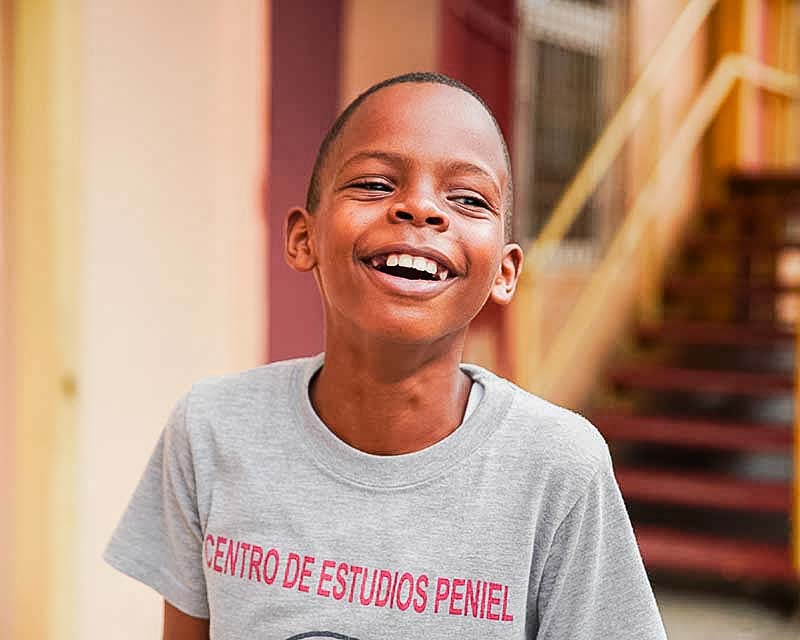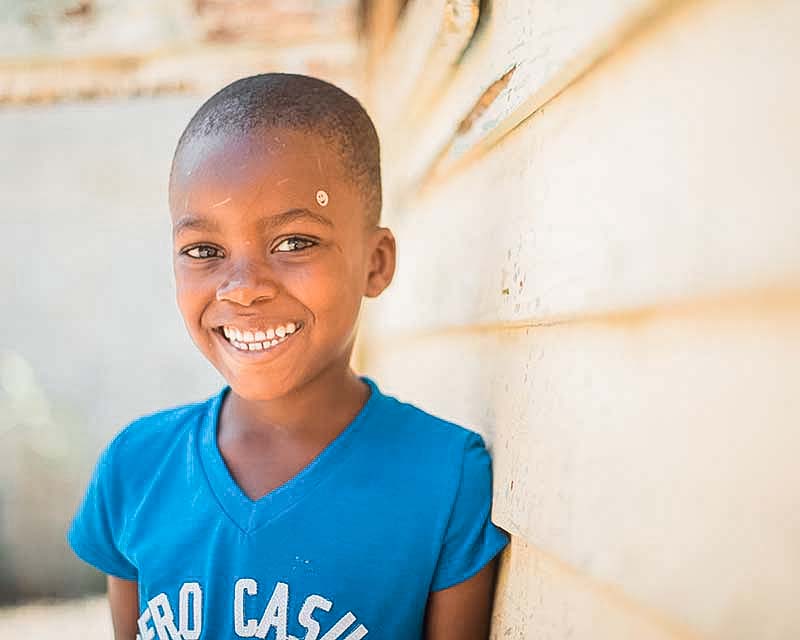The Dominican Republic's warm climate and golden beaches make it a popular holiday destination for tourists from across the world. Baseball is important to Dominicans, and you’ll often find people playing with makeshift equipment.
Despite the nation’s rapid economic progress in recent years, more than one in five people remain living below the national poverty line. For local children, poverty increases the risk of infant mortality, malnutrition, unfinished schooling, child labour, early marriage, adolescent pregnancy and unemployment.
The Dominican Republic shares the island of Hispaniola with Haiti. Claimed by Christopher Columbus in 1492, the island became a springboard for the Spanish conquest of South America and the Caribbean.
Spain recognised French control over the western third of the island, which in 1804 became Haiti. The remainder of the island, by then known as Santo Domingo, was conquered and ruled by the Haitians for 22 years, finally attaining independence as the Dominican Republic in 1844. Tensions have simmered between the two nations since.
Historically, the Dominican Republic has relied on exports of sugar, coffee and tobacco. In recent years, however, the rapid development of the tourist industry and service sector has overtaken agriculture as the economy's largest employer.
While many have benefitted from this recent economic growth, the gap between the rich and the poor has widened. In the past few decades, many Dominicans have flooded from rural areas to the cities. But without skills, families have struggled to get work—with devastating results for children.
Child labour is an ongoing problem in the Dominican Republic. Many families consider it essential for children to learn a trade, but too often they are denied an education and exploited in dangerous conditions. Many parents, desperate to improve the opportunities for their children, have been tricked into sending children away as domestic servants, or duped into prostitution and drug trafficking.
Yet local churches are working to reach the most vulnerable children with the practical, spiritual and emotional support they need to thrive.
READ MOREkeyboard_arrow_down
READ LESSkeyboard_arrow_up
